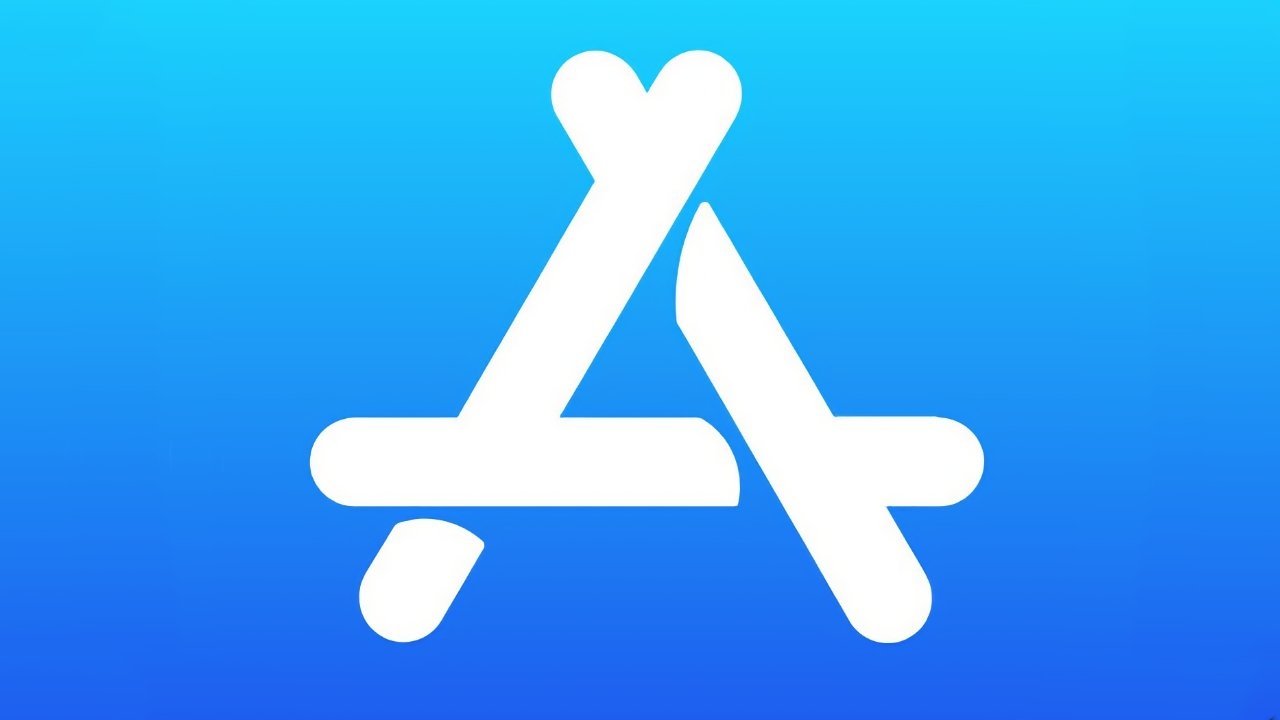In a submission to the Australian Competition and Consumer Commission, Apple rejected the notion that the App Store is the world's dominant app marketplace, noting users can acquire digital content from the web and other sources.
Apple and Google are targets of an ACCC probe into app store policies, with the antitrust watchdog examining potential issues arising from purported marketplace dominance.
The investigation is part of a larger inquiry into digital platform services and seeks to determine whether third parties can compete in a market alongside the App Store and Google Play. Also under review are app store regulations, fees imposed on developers, rankings systems, marketplace access, and the collection of consumer data.
Responding to the ACCC's original issues paper release in September, Apple said it "perceives and treats other distributors of apps, for platforms other than iOS, as significant competitors whose pricing and policies constrain Apple's ability to exercise power over developers." Further, the company disagrees with the body's characterization that the App Store is "the most dominant app marketplace by a large margin." Apple does not believe it has a "substantial degree of power" in any market relevant to the ACCC inquiry, nor does the company see market failures that need to be addressed through legal action.
Apple's submission (PDF link) was filed in February and made public on Wednesday. ZDNet reported on the document earlier today.
There are a number of channels through which iOS users can access digital content, Apple says, citing main competitors like the web, web-based app stores including Steam, and alternative hardware and software platforms like Google Play. Additionally, developers have alternative methods at their disposal, both for distribution (reader apps) and collection of fees (outside subscriptions).
Apple argues there is "vigorous" cross-platform competition to retain developers, adding that numerous App Store innovations have been driven by the need to keep up with other ecosystems. In-app purchases, pricing terms, App Store editorial content, subscriptions, Apple Arcade, promotional codes, App Clips and more are cited as examples of responses to, or catalysts of, change in the marketplace.
The tech giant maintains that it faces significant competitive constraints as developers have the option to walk away from the App Store to other platforms.
"Most notably, App Store prices (i.e., the App Store commission) continue to decrease," Apple says. "Apple has never had the market power to increase or even maintain its commission. Over the years, Apple commission has decreased, or Apple has increased options for developers to avoid its commission (like the Reader Rule and Multiplatform Rule) in order to remain competitive and differentiate itself against other app marketplaces."
Apple typically takes a 30% cut of in-app purchase revenue, but that slice was recently reduced to 15% for developers earning less than $1 million a year. Google in March followed suit with an identical program.
The document notes that app marketplace commissions are not unique to the App Store, as Amazon, Google, Microsoft and Samsung each levy fees on their respective stores.
Today's publication comes days after Apple told the ACCC that it was "surprised" to hear developers had concerns with the App Store review process.
 Mikey Campbell
Mikey Campbell

-m.jpg)






 Andrew O'Hara
Andrew O'Hara
 Wesley Hilliard
Wesley Hilliard

 Malcolm Owen
Malcolm Owen
 Marko Zivkovic
Marko Zivkovic

 Chip Loder
Chip Loder
 Christine McKee
Christine McKee




-m.jpg)




57 Comments
One of the most ironic things about Epic's lawsuits is that Apple is constantly criticized by gamers for not taking games seriously enough. Why can't Apple have as many AAA games developed for its operating systems? Why doesn't Apple have it's own 1st party controller? Why doesn't Apple turn the ATV into a gaming console? Why isn't Apple Arcade more like Steam? You always hear people repeating these same types of things about how Apple isn't competitive enough for them. Meanwhile, Epic tries to argue in court that Apple is in total control of the market for games. It's really preposterous on a lot of levels.
Per another source there's a difference in what each side would like to claim as the marketplace:
"Apple argues that it does not have a dominant position in this market, as it considers the relevant market to be either “smartphones” or “apps.” Since the company holds a minority share of the smartphone market in most of the countries in which it operates, it believes it cannot be considered to have a dominant position.
Competition regulators tend to take the view that the relevant market is “iOS apps,” and here Apple has a 100% monopoly on their sale and distribution. Edge cases aside, there is no way for a developer to bring an iOS app to market without selling it through the App Store."